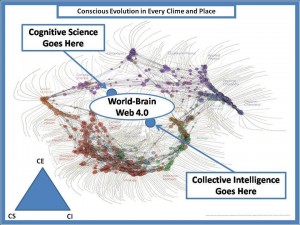
Stephen M. Kohn
New York Times, 12 June 2011
The tension between protecting true national security secrets and ensuring the public’s “right to know” about abuses of authority is not new. Indeed, the nation’s founders faced this very issue.
. . . . . . .
Later that month, without any recorded dissent, Congress enacted America’s first whistle-blower-protection law: “That it is the duty of all persons in the service of the United States, as well as all other inhabitants thereof, to give the earliest information to Congress or any other proper authority of any misconduct, frauds or misdemeanors committed by any officers or persons in the service of these states, which may come to their knowledge.”
. . . . . . .
Nearly two centuries later, the Supreme Court justice William O. Douglas, praising the founders’ commitment to freedom of speech, wrote: “The dominant purpose of the First Amendment was to prohibit the widespread practice of government suppression of embarrassing information.”
Phi Beta Iota: This is not about Barack Obama–he sold out, get over it. This is about a two-party tyranny that hides its prostitution to Wall Street behind secrecy–chasing down whistle-blowers benefits both these parties all those they have shaken down for kick-backs. This is about a system that is inherently corrupt, in which 63 of 65 parties–and all Independents–are shut out, disenfranchised, and cheated.









